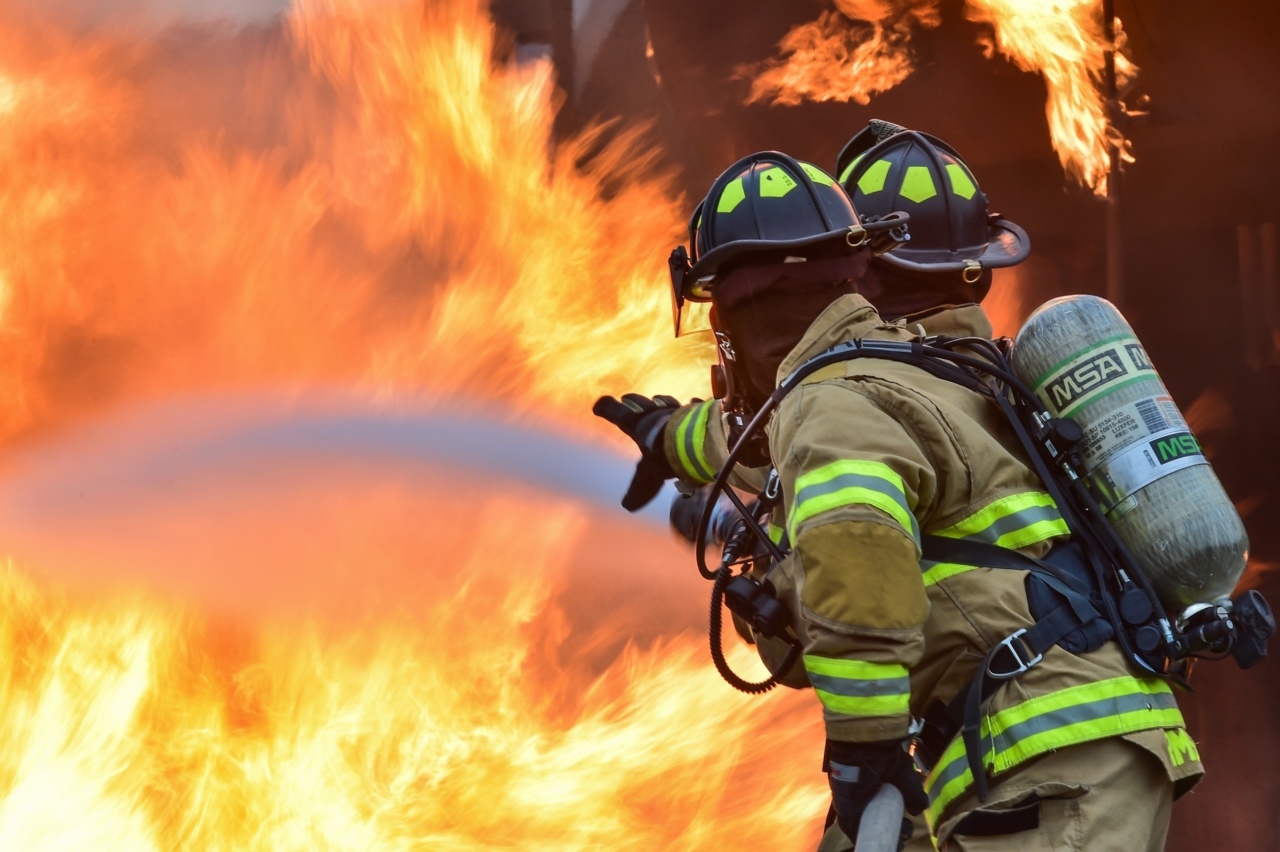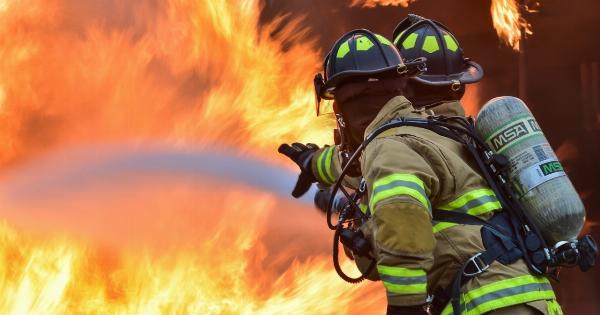Fire emergencies can strike at any time and cause significant damage to your property. It is essential to have insurance coverage that protects you against fire-related losses. However, not all fire emergencies are covered by insurance policies.
Insurance policies typically have exclusions that limit or exclude coverage for certain types of losses. In this article, we will examine what types of fire emergencies are covered by insurance and what you can do to ensure that you are adequately protected.
What Does Fire Insurance Cover?
Fire insurance is typically part of a broader property insurance policy that provides coverage for losses caused by fire, smoke, and related perils. The policy will typically cover the following:.
1. Damage to Your Property
If your property is damaged by fire, your insurance policy should cover the cost of repairing or replacing it. This includes damage to your home, personal belongings, and any other structures on your property, such as a garage or shed.
Your insurance policy will typically cover the cost of repairing or replacing your property up to the policy limits.
2. Additional Living Expenses
If you are forced to leave your home due to fire damage, your insurance policy will typically cover the cost of your living expenses while you are away.
This includes the cost of temporary housing, food, and other expenses incurred as a result of the fire.
What Types of Fire Emergencies Are Not Covered by Insurance?
While fire insurance policies cover a range of losses, there are some exceptions to coverage. The following are some examples of fire emergencies that may not be covered by insurance:.
1. Arson
If you or someone else intentionally sets fire to your property, your insurance policy will not cover the damages. This is considered insurance fraud, and you may face criminal charges.
2. Vacant Property
If your property has been vacant for more than the specified period stated in your insurance policy, the policy may not cover losses caused by fire. In some cases, you may need to purchase a separate policy to cover a vacant property.
3. Neglect
If you fail to maintain your property or take necessary precautions to prevent a fire, your insurance policy may not cover losses caused by fire.
For example, if you leave a candle burning and it causes a fire that damages your home, your insurance policy may not cover the damages.
4. Acts of War
If your property is damaged by an act of war, your insurance policy may not cover the losses. This includes damage caused by acts of terrorism or other acts of war.
How to Ensure That You Are Adequately Protected
To ensure that you are adequately protected against fire emergencies, there are several steps you can take:.
1. Review Your Insurance Policy
Review your insurance policy to understand what types of losses are covered and what is excluded. Make sure that you understand the policy limits and deductibles.
2. Maintain Your Property
Take necessary precautions to prevent a fire from occurring on your property. This includes maintaining smoke detectors, avoiding overloading electrical outlets, and not leaving cooking food unattended.
3. Purchase Additional Coverage
If you need additional coverage beyond what is provided by your insurance policy, consider purchasing a separate policy. This may be necessary if you have a vacant property or a property that is at a high risk of fire.
Conclusion
Fire emergencies can cause significant damage to your property and result in financial losses. It is essential to have insurance coverage that protects you against fire-related losses. However, not all fire emergencies are covered by insurance policies.
By understanding what types of losses are covered and what is excluded, you can take the necessary steps to ensure that you are adequately protected.
























